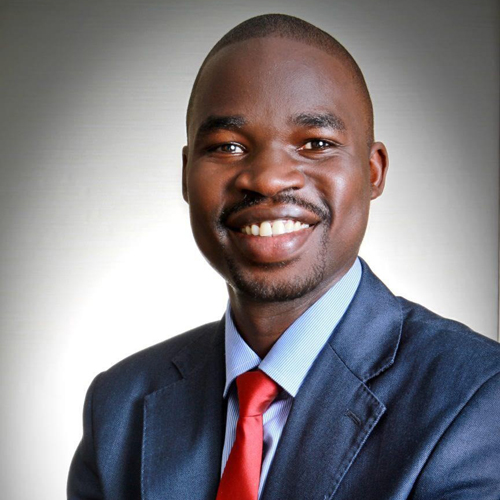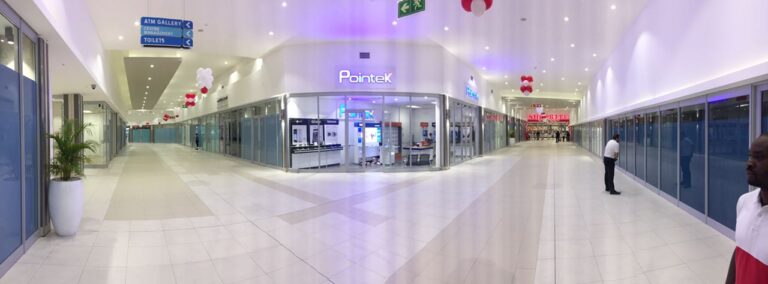Opportunities for property development in East Africa
Q&A with Kenneth Oigo, Profica Director – Head of East Africa
East Africa’s growing economies have property investors and developers exploring the huge development potential there. For leading property and construction solutions company, Profica, which has been operating on the continent for a number of years, experience has shown that the adoption of a long-term outlook is the critical factor when considering opportunities in the region. Kenneth Oigo, Profica Director – Head of East Africa, discusses the region’s attraction and the in-country strategies that are, and will be, reaping rewards.
Can you provide a snapshot of the economic activity in East Africa?
Like the rest of the continent, there is never a one-size-fits-all approach when exploring opportunities in East Africa. Kenya, Uganda and Rwanda form part of the East African Community International Agreement, adopting a joint economic approach. Member countries normally agree on a common agenda that guides the formulation of legal frameworks and national fiscal budgets to drive GDP growth throughout the region. However, countries such as Ethiopia and Rwanda are quite distinct in their economic policies which has an impact on international investment.
In Ethiopia, there is tight forex and high regulation, and the currency exchange rate is set by the government which also owns 100% of the land. The upside of this is that the government is leasing out the land for specific development, and this has created a surge in construction.
Uganda has experienced considerable growth, mainly due to the discovery and exploitation of oil in the western region of the country, and partly due to it being a base country for mineral exploration companies and an export route for minerals coming out of the Democratic Republic of Congo (DRC). Additionally, both domestic and international tourism is buoyant and there is increased infrastructure development.
In Kenya, on the other hand, growth has been somewhat stifled. A crackdown on corruption in key government departments has resulted in liquidity drying up. Government borrowing both locally and internationally has led to an immense debt burden which stands at around USD$49 billion or 56.4% of the country’s gross domestic product. However, we anticipate an eventual uptick after 2022. Companies that keep a long-term growth mindset and remain steadfast during the quieter period will be poised to grasp opportunities when these present themselves.
Broadly speaking, what strategies will enable companies to reap the benefits inherent in the region?
Maximising potential in East Africa requires a long-term outlook. As investment advisors with experience of the continent will tell you, mandates here can extend beyond a decade (which is the standard mandate period for other regions). At Profica we are cognisant that greater gains will be made in the long term. We’re also very aware of the cultural and relationship aspects that drive business, which is why we have local teams with global expertise who understand the nuances of doing business in a particular country. Without this knowledge, success will remain elusive.
Knowing the way the economy and markets run is imperative. For example in Ethiopia, local assets must be held by local citizens so it is worth investing time in the investigation of how to structure partnerships with local companies and partners. You have to be tenacious, patient and open-minded in the approach to business.
Are there particular types of property development taking place in the region?
The region’s growing economies are precipitating sector-wide activity from residential, commercial and mixed-use, to hospitality, healthcare, industrial and infrastructure. In a country such as Ethiopia, there is marked property development and the country looks similar to Dubai in the 1990s, with a proliferation of cranes visible when driving out of Bole International Airport in Addis Ababa.
Profica’s comprehensive services are being called upon across the region in terms of project management, fit outs, development management, deal and project origination, and advisory services for developers, investors and financial institutions.
Our deal and project origination capabilities are particularly relevant here given the upswing in greenfield development. We’re able to advise clients on how best to unlock the potential of land and progress this through to development management which includes sourcing the team of financiers, investors, project managers and engineers.
What East African projects is Profica currently involved in?
We have a number of projects under development at the moment. In Uganda, we’re currently supervising the construction of the high-end Hilton Kampala Hotel as part of an interesting mixed-use multi-storey development, providing technical advisory services for the Radisson Blu Kampala and working on a shopping mall in the city.
The team has also recently completed the Latitude hotel for the Latitude Hotel group – a unique African lifestyle hospitality brand based in urban areas across Africa, aimed at short- and longer-term business stays.
In Kenya, our teams are now into the construction phase of the Tamarind Tree Suites in Nairobi.
In Ethiopia, Profica is providing advisory services to the Pullman and Radisson Blu hotels. Our team has recently been awarded project management of the MGallery Hotel, part of the Accor Group, also in Addis Ababa. And in Dar es Salaam, Tanzania, we’re engaged in an office fit out for Equinor.
In terms of industrial projects our teams are involved in managing the AGS Warehouse in Kigali, Rwanda and are providing advisory services to the Export Processing Zone (EPZ) which is the special economic zone in Madagascar.
It appears that Profica has a number of repeat clients, for example, international hotel operators developing across the region?
Yes, Profica is involved in work with a number of key hotel operators. Bear in mind, however, that these developments are undertaken by different developers in the region; it may be the same hotel operator but different clients. This being said, international hotel operators prefer working with professional methodologies in terms of project implementation and can make recommendations to developers in the region. For Profica, ensuring that we’ve built up a strong portfolio and sound reputation in the market is critical.
With embedded and experienced teams in the region, Profica can act on our strong appetite for seeking out exciting opportunities in the Horn of Africa, which includes those countries such as Malawi, Djibouti and Madagascar.







